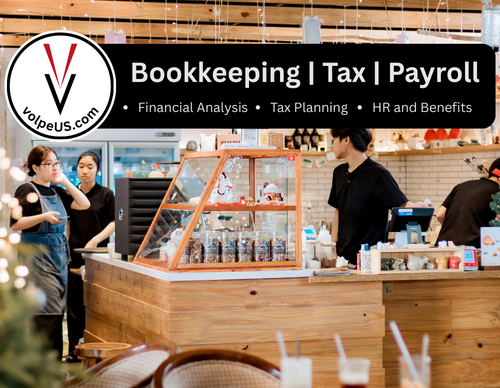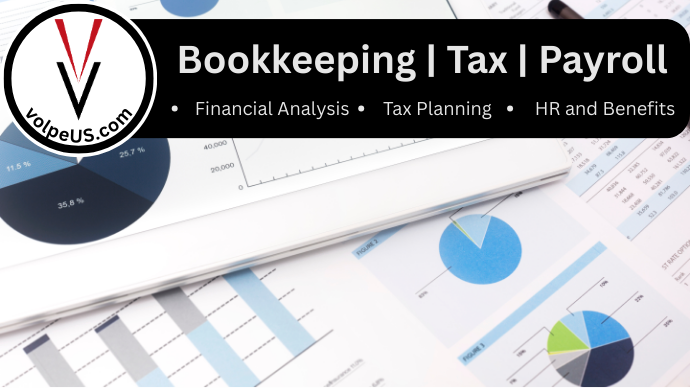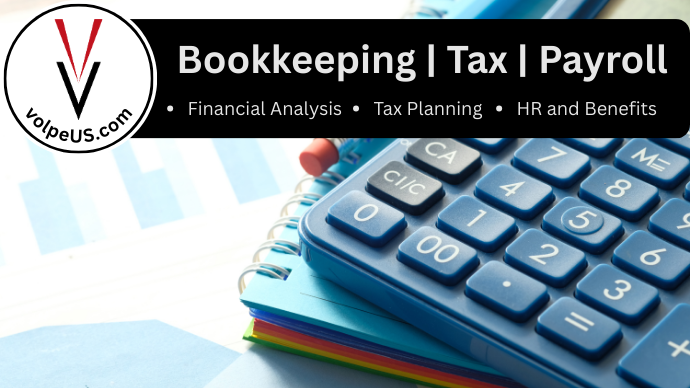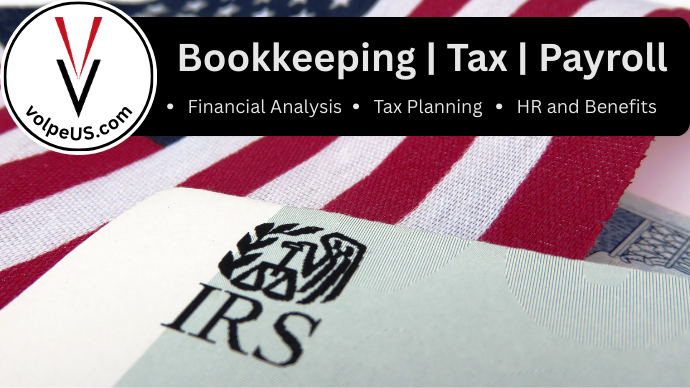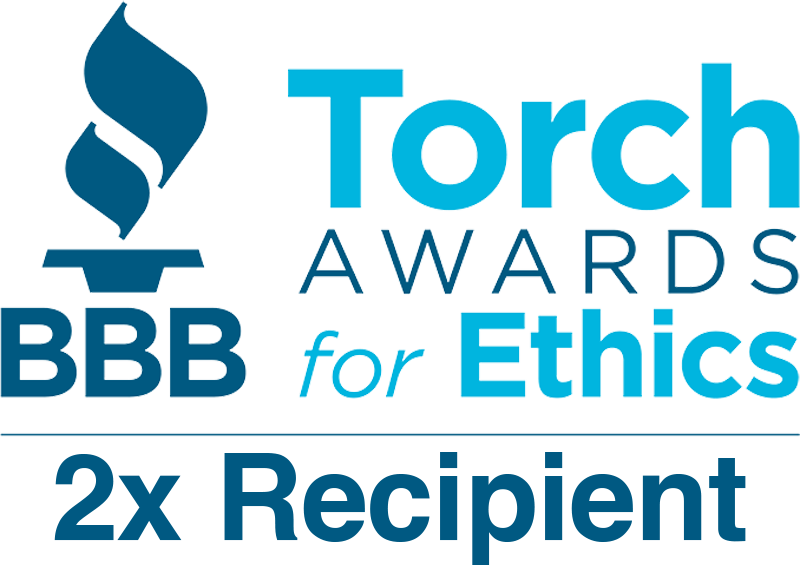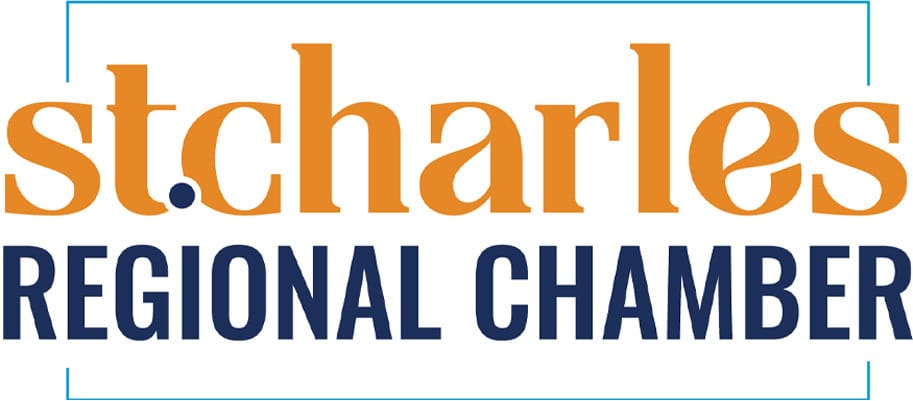Jump to a Specific Section
Common errors or mistakes small businesses make with payroll
Paying your employees may seem like an easy task, but there are common mistakes that happen, that have costly consequences.
Not only can payroll errors cost a company money, but it can damage a company’s reputation, and get them into trouble with the IRS.
Here are top 15 common small business payroll mistakes, and how to avoid them.
1. Paying the Incorrect Amount

This may seem like common sense, but you would be surprised at how easily this can happen.
Always double-check that the payment amount was entered into the payroll system correctly, and check that the employee reported the hours properly.
It’s crucial to make sure that all employee information, payment information, and tax withholding information, is initially set up in the payroll system correctly. Other wise, every pay check will have errors.
2. Neglecting to Plan for Bank Holidays

You need to know which holidays your bank closes on, since bank holidays aren’t considered as business days for payroll processing.
3. Not Paying Payroll Taxes

The government collects payroll taxes on a pay-as-you-go basis. This can include a variety of federal, state, and local taxes, but not all of them may apply to your business.
Over 40% of small businesses get fined an average of $850 each year for payroll-tax related issues, don’t be one of them.
4. Paying Not Frequently Enough

Most states have a law that dictates a minimum pay period.
As an employer, you can always pay more frequently, but not less.
When picking your payroll schedule, just remember that it will have a large effect on your cash flow and operations, as well as your employee’s lives.
So pick a schedule, and stick to it.
5. Paying Late…Or Not At All

Avoid both of these.
With small businesses, there is often only a handful of people wearing many hats.
However, forgetting to process payroll, or processing it late, can create huge issues for employees.
6. Incorrectly Identifying Employees Vs. Contractors

It is common for small businesses to hire independent contractors because the work they do is often temporary.
It is not a business owner’s personal choice to designate someone as an employee or a contractor, but an actual legal classification.
When a business misclassifies employees as independent contractors, they have to pay retroactive payroll taxes.
7. Gross vs. Net Payroll

Because of the taxes mention in 3. above, calculating gross or net payroll is a challenge.
The true cost of your employee can be higher than the wages or salary you’ve offered them.
Calculating these numbers incorrectly can lead to unnecessary fees to the IRS.
8. Not Paying Overtime

Besides the fact that employees get very frustrated with this, and for good reason, it is also illegal not to pay them for overtime.
If an employee is deemed to be nonexempt, that employee must be paid 1.5 times his or her hourly wage for all hours worked over 40 hours in a workweek.
9. Failure to Repay Nonexempt Employees For Training

Typically, under the Fair Labor Standards Act (FLSA), attendance at lectures, meetings and training programs don’t count as working time only if the following four criteria are met: it occurs outside normal working hours, it is voluntary, it is not job related and no other work is concurrently performed.
If the criteria aren’t met, then it counts as working time.
10. Not Paying Nonexempt Employees for Time Spent at Required Functions

Think, office party.
If a nonexempt employee is required to go to an office party, he or she must be compensated for that time spent, during or outside of normal office hours.
11. Maintaining Payroll Records

If a business owner fails to keep accurate payroll records, an audit may be triggered.
Typical records that need to be kept include; copies of W-2 Forms, pay stubs, time sheets, etc.
Every state is different but generally speaking, you need to keep payroll records and associated documents for 4 years.
Not sure what documents you need to keep? Check with your state labor office.
12. Not Paying Employees for Time Spent Recovering from a Work Injury

According to the FLSA, employees must be paid for the time they spend waiting for, and receiving treatment for work-related injuries. The time receiving treatment does need to fall within normal working hours.
13. Staying Up To Date on Payroll Rules, Law, and Regulations

Payroll laws and rules don’t stay the same. If you miss a new law regarding payroll, you will have to spend valuable time amending your mistakes.
Our suggestion? Make a calendar that reminds you to check for payroll regulation and law updates.
14. Disregard or Miss a Garnish Request

A wage garnishment is when a court issues an order that requires an employer to withhold a specific amount from an employee’s paycheck.
The money is instead sent to a person or institution to whom the employee owes money to, until the debt is paid.
If you receive a garnish request, put it into an employee’s file right away. And add it to your calendar so it doesn’t get missed.
15. Not Including Gift Cards and Miscellaneous Cash Equivalents in Employee Income
If a gift card or cash equivalent equals $75 or more, it needs to be reported with employee income.
Avoid Payroll Errors
Payroll consists of many details and complexities, even for a small business.
Don’t let simple payroll mistakes get in the way of running your business.
Volpe Consulting and Accounting provides full-service payroll services that range from simple salary positions to complex hourly and commission positions.
Whether you need an answer to only payroll, or need help with things like bookkeeping services or financial analysis, Volpe Accounting & Consulting can handle any payroll needs you may have.


